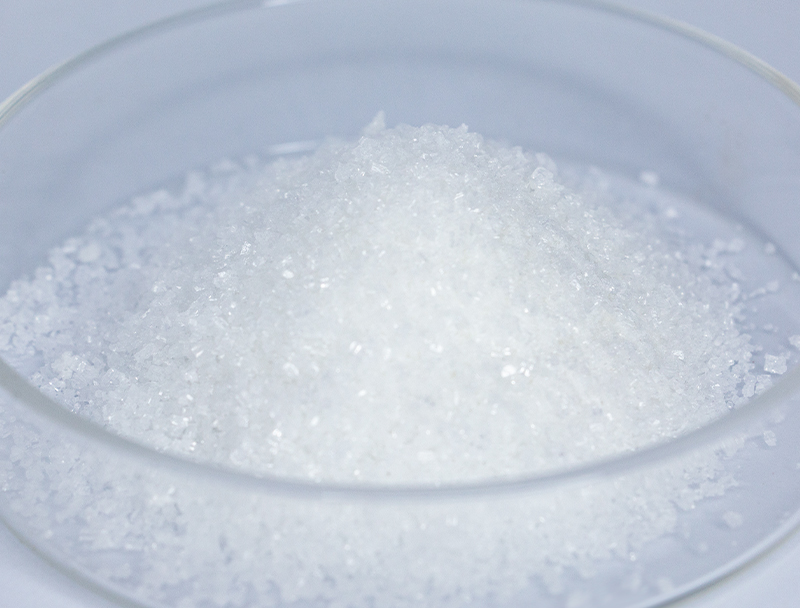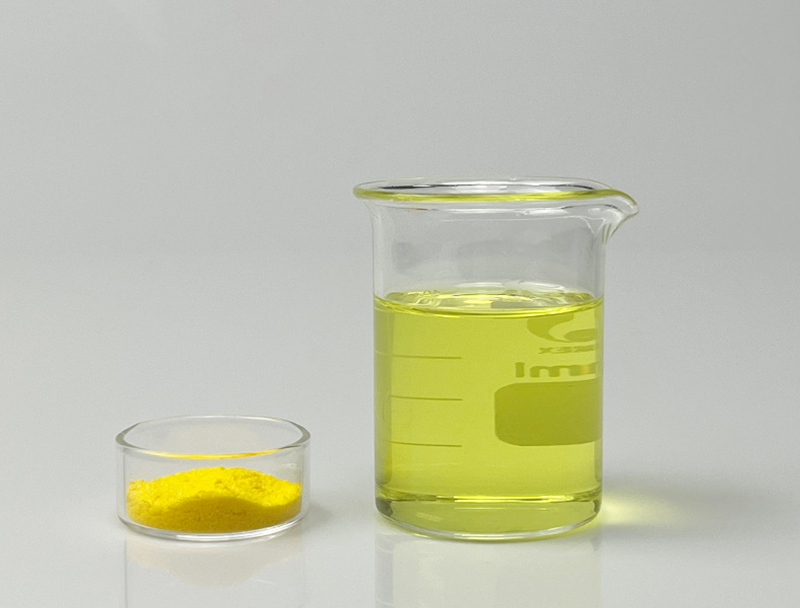
Biomanufacturing relies heavily on an extensive collection of feedstocks to manufacture advanced biological products.
Protecting continuous ethical sourcing of resources is vital for future-proofing and moral progress in biomanufacturing.
a range of complications linked to historic procurement practices including environmental degradation and exploitation of natural resources. Accordingly, companies are required to implement regenerative sourcing methods to mitigate footprints.
- Instances of green procurement approaches are:
- Leveraging biomass from food-processing residues
- Integrating recovery systems to shrink waste while improving throughput
- Working with community-based suppliers that follow ethical standards
The transition to greener sourcing offers both planet-friendly outcomes and business advantages.
Refining Biomass Sources to Enhance Fuel Conversion
Maximizing the efficiency of biofuel production relies heavily on the quality and composition of biomass feedstocks. Investigators regularly test new routes to upgrade biomass inputs, resulting in superior production volumes and sustainable energy gains. This involves genetic modifications to increase biomass production, as well as pretreatment techniques that break down complex plant materials into more readily fermentable sugars.
- Additionally, researchers are focusing on identifying new sources of biomass, such as algae, waste products, agricultural residues, to expand the range of sustainable feedstocks available for biofuel production.
- By means of ongoing innovation the biofuel sector can achieve substantial advances soon, shaping a cleaner energy future.

Upstream Process Improvements for Modern Biopharma Production
entails beginning production stages such as cell growth and biomass recovery Recent progress has advanced techniques that maximize productivity and increase output.
Significant developments incorporate advanced biological platforms, tailored medium blends, and precision reactor engineering. The improvements increase output while decreasing cost structures and sustainability impacts.
- Similarly, continuous process trends grant superior flexibility and refined control across production stages.
- This move toward intelligent production systems is expected to reshape the industry and hasten drug development.

Advances in Gene Editing to Boost Therapeutic Production
advances in genomic editing tools including CRISPR have transformed therapeutic manufacturing. With exact genomic alterations, researchers improve host productivity for therapeutic manufacture. These methods could enable production of accessible and efficient medicines tackling diverse health challenges.
Microbial Approaches to Effective Bioremediation
advanced microbe-driven remediation methods to treat contaminated sites sustainably. Microbial communities can biotransform hazardous materials into lower-risk substances. Leveraging microbial biotransformation promotes sustainable remediation that curbs industrial environmental impacts.. Scientists evaluate varied microbes for potential to remediate metal contaminants, pesticide compounds, and oil-derived pollutants.. These microbes operate in engineered systems or direct environmental applications to metabolize and remove contaminants.
Using microbes for cleanup carries distinct advantages compared with chemical or physical remediation approaches. This route is often more affordable and reduces the formation of toxic residues. Likewise, microbial systems can selectively degrade contaminants while sparing the wider environment. Advancements continue apace to increase the speed, efficiency, and applicability of microbial remediation techniques.
Computational Biology in Drug Discovery
Advanced informatics contributes significantly to today’s drug research environment. From target discovery through candidate optimization, bioinformatics facilitates streamlined, hypothesis-guided workflows.
- By interrogating large-scale omics and clinical information, scientists find new targets and predict candidate efficacy.
- Likewise, computational docking and dynamics help design molecules with improved target engagement and potency.
- In conclusion, computational biology reshapes discovery pipelines and speeds delivery of reliable treatments for patients.
Engineering Cellular Pathways for Improved Bioproduct Output
integrates multiple methods to augment cellular production of target bioproducts. Techniques span CRISPR-mediated edits to reshape pathways, synthetic control elements to fine-tune expression, and gene imports to grant new biosynthetic abilities.. Through careful adjustment of metabolic routes engineers can markedly elevate product titers.
This multifaceted approach has the potential to revolutionize a broad range of industries, including biopharmaceuticals, agriculture, and bioenergy.

Scaling Biopharma: Difficulties and Strategic Opportunities
Transitioning to higher volumes entails serious complications and potential rewards. Maintaining consistent product attributes with scale-up remains a central difficulty. Tackling it demands tightly integrated control systems, precise surveillance, and state-of-the-art analytics.

Another concern is that bioprocessing workflows are inherently complex and multi-staged.. Refining processes for commercial volumes demands deep R&D investment and novel engineering solutions.. Still, the gains can be meaningful. Efficient scale-up can amplify access to medicines, compress costs, and strengthen returns.
Various efforts target the core issues of industrialization. These include the development of new technologies for process optimization, advanced analytics for real-time monitoring and control, and innovative manufacturing strategies.
- Technology development efforts underpin advances in production capability.
- Authorities are revising processes to enable faster clearance of manufacturing innovations and encourage progress.
Mapping the Compliance Environment for Safe Therapeutic Development
Creating biologic medicines requires strict regulatory controls to maintain both patient safety and therapeutic value. Living-source therapeutics present distinct obstacles in regulation and production relative to classical drugs.
Authorities including the FDA and EMA implement guidelines and thresholds to assess and approve novel biologic products.
Strict validation and testing steps are required across the product lifecycle from lab studies to post-market oversight.. Those requirements help reveal risks and confirm that biologics satisfy stringent safety criteria..
Moreover, oversight agencies continually refine approaches to align with accelerating scientific progress in therapeutics.. This includes embracing novel technologies and facilitating the development process while maintaining a commitment to patient well-being.

Plant-Derived Inputs for Next-Gen Bioplastics
Growing emphasis on eco-conscious materials catalyzes research into plant-based options. Bioplastics derived from plant biomass provide a viable route to more sustainable plastic alternatives. Plant-based biomass resources such as cornstarch, cellulose, sugarcane can be processed into biodegradable plastics that degrade naturally, minimizing the environmental impact of conventional plastics.
In addition, certain bioplastics match performance of petroplastics, enabling broad applicability in multiple sectors.. Ongoing studies and technology development are vital to exploit plant feedstocks for bioplastics and foster a circular economy.
Biotechnology's Impact on Global Health and Food Security
Advanced biotech approaches can reshape healthcare delivery and enhance agricultural resilience. Through CRISPR, synthetic circuit design, and cell therapy progress, developers generate methods to counter infectious agents, optimize crops, and elevate nutritional profiles.. For instance, genetically modified crops can be engineered to resist pests and environmental stresses, leading to increased agricultural production and reduced reliance on harmful α-Ketoglutaricacid pesticides.. Likewise, biotechnology enables new vaccines, novel therapeutics, and improved diagnostics essential to global disease mitigation and better health.. Going forward, advancements in biotechnology are likely to yield interventions that improve health and advance sustainable food systems globally.
